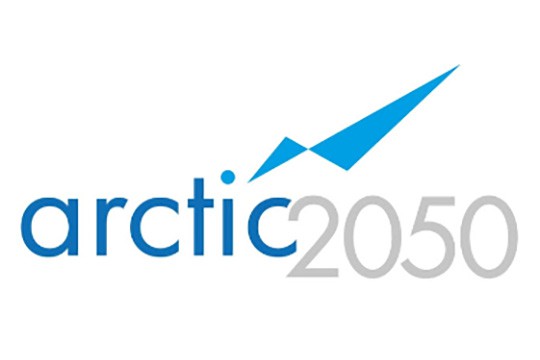The Arctic is undeniably one of the most important regions on Earth - but is it really a region like many others? It is definitely one of our planet’s most fragile ecosystems and diverse communities, as well it is also one of the largest deposits of natural resources. The riches of the Arctic have long been attracting the explorers from all over the world. But the gems of the Arctic have never been easy to get.
First of all, the harsh climate conditions and permafrost shield make industrial development in the Arctic expensive and complicated. Secondly, it is the definition of its boundaries: the territories are attributed to the Arctic region according to various criteria, and its administrative and political division varies, which makes international cooperation a prerequisite for any progress in the Arctic.
Thirdly, the Arctic is not only a delicate natural ecosystem and habitat for all kinds of wildlife on land and sea, it is also a diverse community of people, some Indigeneous living their traditional ways of life, others urbanized, willing their cities to thrive.
With everything so fragile in the Arctic it looks like you can do more harm than good. With climate change and the melting ice that make the Arctic riches and transport routes more accessible there comes a critical question: how can we discover the opportunities that the Arctic presents without destroying its delicate natural and social ecosystems?
"Arctic-2050"
On April 23 an "Arctic-2050: Mapping the Future of the Arctic" roundtable will be held to analyze the economic, environmental and social prospects for the region's development.
Nord University Business School and Moscow School of Management SKOLKOVO will present four scenarios for the development of the Arctic until 2050, and will outline possible options for the future depending on the pace of innovation. The four development priorities for the Arctic until 2050 describe the possible impact of intensified economic activity in the region and also analyze the threats and opportunities inherent in each option, offering recommendations for business and policy makers.
For the purpose of clarity, each scenario is associated with one of four distinctive historical periods. These periods, metaphorically applied to Arctic scenarios, can be categorized as Dark Ages, Age of Discovery, Romanticism, and Renaissance.
These scenarios are designed to shape a new agenda for sustainable development and the future of the Arctic.
The roundtable will become a platform for dialogue and critical assessment of scenarios, discussion of threats and opportunities for the economy, cities and communities, and will also offer recommendations. The participants will include experts, scientists, politicians, representatives of ministries and departments, as well as business people from various countries.
arctic2050.info
Venue: online (a link to the meeting will be available at 22.04.21)
Time: 09:00 -10:30 CEST (UTC +2)
Event type: open-door (admission through conference registration).
Press office: press@arctic2050.info
Daria Dinze, phone number: +7 926 872 1000
Anastasia Lazariva, phone number: +7 985 625 0638
read more in our Telegram-channel https://t.me/The_International_Affairs

 17:23 21.04.2021 •
17:23 21.04.2021 •























